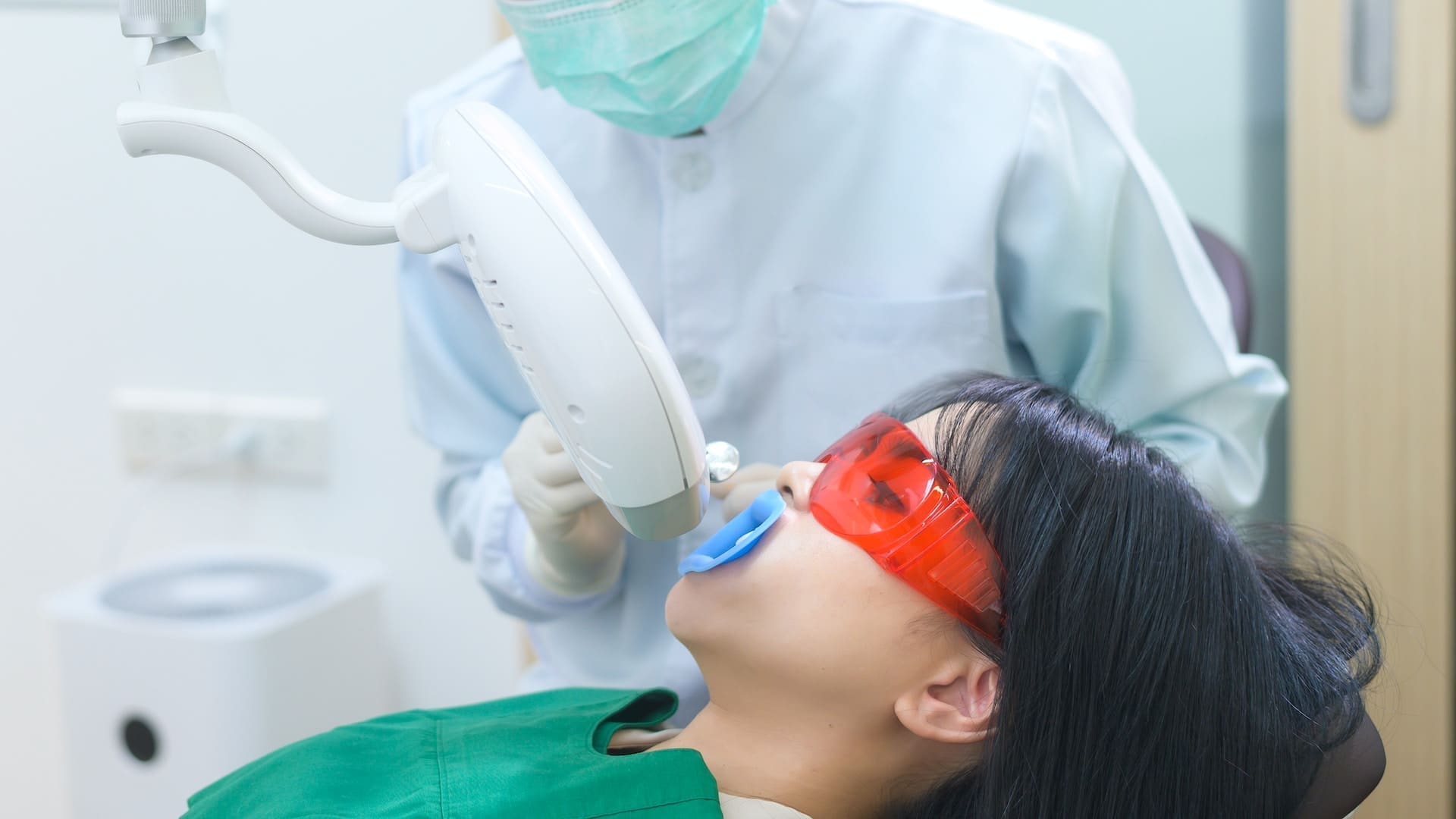Porcelain Dental Crown Applications
Porcelain dental crowns are often recommended in various situations where your natural tooth may be compromised or damaged, requiring reinforcement, protection, and improved aesthetics. Common applications include the following:- Cracked or Broken Teeth: Dental crowns can restore cracked or broken teeth, preventing further damage and providing stability to the remaining tooth structure.
- Large Fillings: Crowns can be used to protect teeth with large, old fillings when there isn’t enough tooth structure remaining to support a new filling.
- Root Canal Treatments: Teeth that have undergone root canal therapy are often capped with a dental crown to strengthen and protect the remaining tooth structure.
- Dental Implants: Crowns are used as the visible, functional part of a dental implant, providing a natural-looking replacement for lost teeth.
- Cosmetic Enhancement: Porcelain crowns can improve the appearance of discolored or misshapen teeth by encasing the tooth in a durable, natural-looking material.
The Porcelain Dental Crown Placement Process
The process of placing a porcelain crown typically involves two appointments with your dental professional.- Initial Consultation and Tooth Preparation: During your initial consultation, your dentist will evaluate the tooth in need of a crown and discuss your treatment options. Once a porcelain crown is deemed appropriate, the dentist will remove any decayed or damaged tooth structure and shape the remaining tooth to accommodate the crown. Impressions of your tooth are then taken to create a custom porcelain crown that matches your natural tooth color and appearance.
- Crown Placement: At a follow-up appointment, your dentist will ensure the custom porcelain crown fits correctly and make any necessary adjustments before permanently cementing it in place. The finished result is a restored, natural-looking tooth that blends seamlessly with your smile.
Caring for Your Porcelain Dental Crown
To prolong the life of your porcelain dental crown and maintain your overall oral health, follow these guidelines:- Maintain Proper Dental Hygiene: Brush your teeth twice daily and floss at least once a day to minimize plaque build-up and reduce the risk of tooth decay and gum disease.
- Avoid Hard or Crunchy Foods: Refrain from chewing on items such as ice or hard candies, as these can potentially crack or damage your crown.
- Use a Nightguard if Necessary: If you suffer from bruxism (grinding your teeth at night), consider using a nightguard to protect your crown and other teeth from excessive wear and damage.
- Schedule Regular Dental Checkups: Attend regular dental check-ups and professional cleanings, allowing your dental professionals to monitor the condition of your crown and address any concerns promptly.
The Benefits of Porcelain Dental Crowns Over Other Materials
Porcelain dental crowns have become a popular choice for dental restorations due to their many benefits over other materials. Here are some advantages of porcelain dental crowns:- Aesthetics: Porcelain crowns can be color-matched to your natural teeth, providing a seamless, natural-looking restoration.
- Durability: Porcelain is known for its strength and durability, making it an excellent choice for dental restorations that need to withstand the pressure of daily use.
- Biocompatibility: Porcelain is a biocompatible material, meaning it is well-tolerated by the body and less likely to cause allergic reactions or other adverse effects.
- Stain Resistance: Porcelain is resistant to stains and discoloration, making it an ideal material for dental restorations that need to maintain their appearance over time.
- Comfort: Porcelain crowns are smooth and comfortable, reducing the risk of irritation or discomfort in the mouth.


